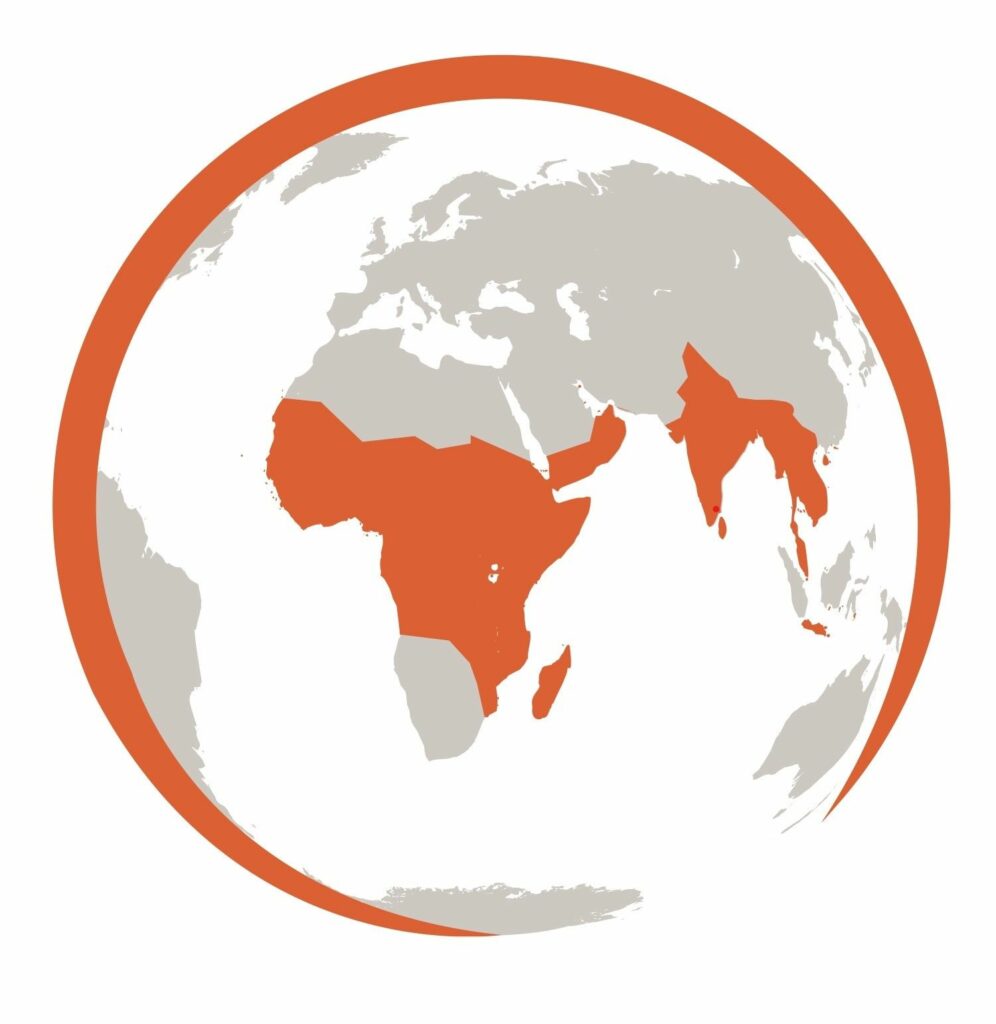Funders
The Bill & Melinda Gates Foundation / Innovation to Impact
Location
Global
Dates
2020

To date, procurement of long lasting insecticidal nets (LLIN) is still driven only by price and does not take into consideration the differences in textile characteristic of the products. This is in part due to the absence of a widely accepted methodology to capture the full array of textile performance aspects that is associated with different damage mechanisms of the nets. It is also due to the absence of standardized field data that can show the variation of performance of LLIN products in different settings and distinguish between influences of net use environment and net care behaviours on the one hand, and the textile characteristics of the LLIN product on the other.
Under the USAID-funded PMI VectorWorks project, Tropical Health collected data from five countries using a standardized protocol that captured data related to net use environment and net care behaviours. Data from these studies provides an opportunity to test whether “Resistance to Damage” scores have a predictive value for LLIN survival in serviceable condition.
Tropical Health will develop two scientific papers summarizing the variation of LLIN durability between brands, sites, and countries, and correlating the textile “Resistance to Damage” scores with actual physical survival in the field. Data will be used to generate evidence for the national programmes and their technical and financial partners to inform strategies for improving ITN survival and ensuring ITN access and use.
Findings will be updated as the project progresses.
Bill and Melinda Gates Foundation (BMGF) / International Federation of Red Cross and Red Crescent Societies (IFRC)
Global
2023 - 2026
UK Foreign, Commonwealth and Development Office and multiple donors
South Sudan
2023-2024
Global Fund to fight AIDS, TB and Malaria
Cambodia, Capo Verde, Laos PDR, Sao Tome & Principe, Suriname, Thailand, Vietnam
2023